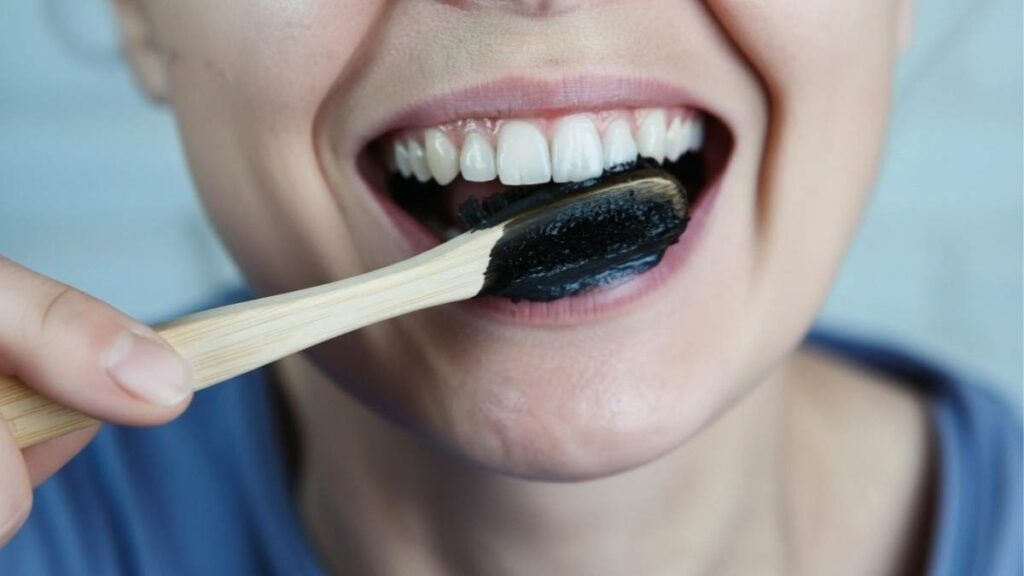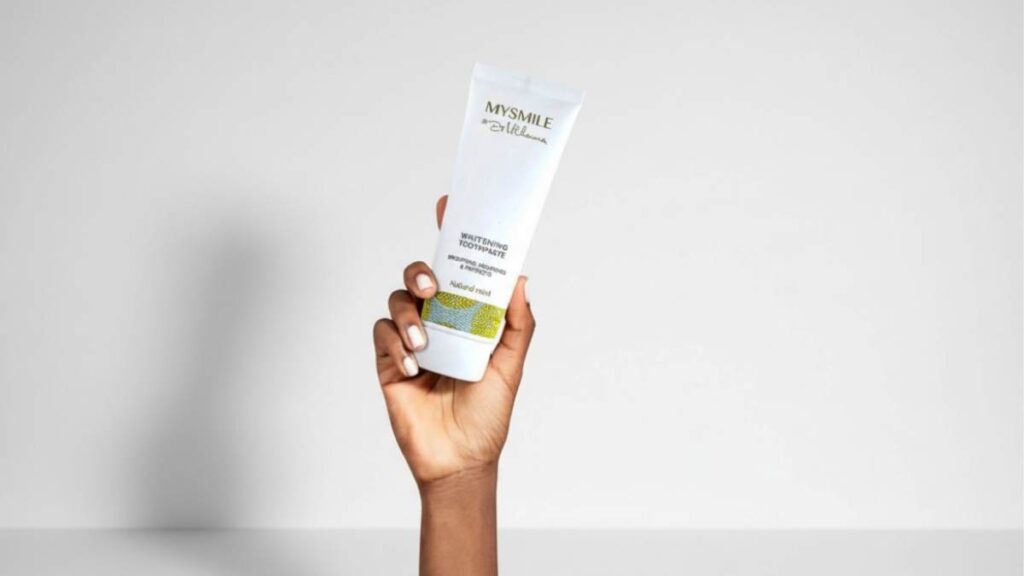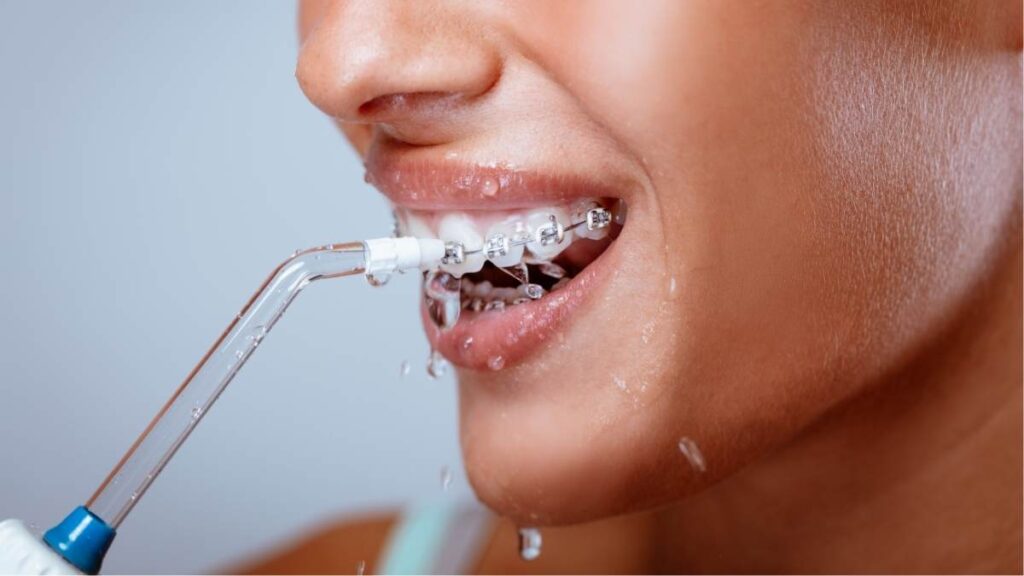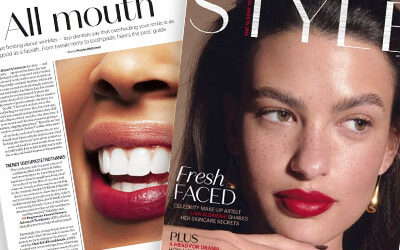Oral Health and Overall Wellbeing: What You Need to Know in Midlife and Beyond
At London Smiling, we believe your smile is more than cosmetic—it’s an essential part of your overall health. Increasingly, research shows that oral health, particularly gum health, is closely connected to systemic wellbeing. From heart health to longevity, from midlife dental challenges to whitening trends, here’s everything you need to know about keeping your mouth—and body—in top condition.
The Most Common Oral Hygiene Mistakes
Even the most diligent among us may be undermining our oral health without realising it. Some frequent missteps include:
• Brushing too hard or too fast, which erodes enamel and misses plaque.
• Neglecting the tongue, a common breeding ground for bacteria.
• Using an old toothbrush beyond three months.
• Skipping flossing, leaving food and plaque trapped between teeth.
• Consuming too much sugar, fuelling cavities and gum disease.
• Ignoring dental pain, which only worsens over time.
A consistent, gentle routine paired with regular check-ups is the best defence against these pitfalls.
Midlife Dental Health: What to Watch For
• Gum health – look out for bleeding, swelling, or recession.
• Dry mouth, often a side effect of common medications.
• Increased cavities, especially at the roots due to gum recession.
• Tooth sensitivity, as enamel thins over time.
• Oral cancer risk, making regular screenings more important than ever.
This is also the age when stress-related bruxism (teeth grinding) may appear—something your dentist can help manage with a nightguard.
Mouthwash, Oil Pulling, and Tongue Scraping: Do They Work?
• Mouthwash: A useful addition (especially for freshening breath or adding fluoride), but not a substitute for brushing and flossing. Opt for alcohol-free if you’re prone to dry mouth.
• Oil pulling: An ancient practice with anecdotal benefits, but limited scientific support. It should never replace brushing and flossing.
• Tongue scraping: While not essential, it can reduce bacteria, freshen breath, and improve taste perception—worth trying if you’re concerned about bad breath.
Why Teeth Yellow—and How to Brighten Them
Yellowing teeth can result from coffee, tea, red wine, tobacco, ageing enamel, or genetics. Prevention begins with good oral hygiene, limiting stain-causing foods, and regular professional cleanings.
For whitening:
• Professional treatments (in-office whitening or dentist-supervised trays) offer the most reliable results.
• At-home kits (strips, gels, rinses) can help, but results are milder and slower.
• Whitening toothpaste helps maintain results but won’t shift deep stains.
Always consult your dentist before starting a whitening regime—especially if you have sensitivity.
Dental Care Trends: Keep or Ditch?
Trends to embrace:
• Preventive dentistry and patient education.
• Telehealth consultations for convenience.
• Eco-friendly practices in clinics.
• Advanced tech like 3D printing and digital impressions.
Trends to skip:
• DIY orthodontics and unregulated cosmetic shortcuts.
• Overuse of abrasive charcoal toothpaste.
• Extreme smile makeovers that sacrifice long-term health.
The Mouth–Body Connection
Your gums are not just supporting players in your smile; they can impact your entire body. Gum disease, or periodontal disease, is an inflammatory condition that has been linked to a range of systemic issues:
• Heart health: Bacteria associated with gum disease are often found on the heart valves of patients with cardiovascular conditions.
• Diabetes: Gum disease makes blood sugar harder to control, while diabetes itself raises the risk of gum problems.
• Respiratory health: Oral bacteria can be aspirated into the lungs, increasing the risk of respiratory infections.
• Pregnancy: Expectant mothers with gum disease face higher risks of complications, including preterm birth.
• Cognitive health: Studies suggest possible links between gum disease and Alzheimer’s, though more research is needed.
The lesson? Your daily brushing and flossing routine could be helping far more than just your teeth.
Sensitive Teeth: Causes and Solutions
Tooth sensitivity happens when enamel thins or gums recede, exposing dentin, the porous layer leading to the tooth’s nerve. Common triggers include enamel erosion, gum recession, tooth decay, grinding, cracked teeth, or even whitening procedures.
What helps?
• Desensitising toothpaste (with potassium nitrate or stannous fluoride).
• Soft-bristled brushes and gentle brushing technique.
• Avoiding acidic foods and drinks.
• Professional fluoride treatments or dental bonding.
• Nightguards if grinding is the culprit.
Choosing the Right Toothpaste
When picking a toothpaste, always check for fluoride (ideally 1500ppm), avoid overly abrasive formulas, and choose one tailored to your needs—whether that’s sensitivity, gum health, or whitening.
What to avoid?
• Overuse of abrasive options like charcoal toothpaste.
• Expired products.
• Formulas with unnecessary artificial additives if you’re sensitive.
Floss or Water Flosser?
Both work well—choose the one you’ll use consistently.
• Traditional floss is affordable, portable, and effective, but requires dexterity.
• Water flossers are gentler and especially helpful for people with braces, implants, or sensitive gums.
Many dentists recommend a combination approach for best results.
Overcoming Dental Anxiety
Fear of the dentist is common, but there are strategies to help:
• Communicate your fears—dentists can adapt treatments.
• Start with a simple check-up before tackling major procedures.
• Use relaxation techniques and bring a support person.
• Discuss sedation options if necessary.
• Establish a “pause signal” with your dentist to regain control.
Your comfort matters, and most dental teams are trained to support anxious patients.
The Bottom Line
Your oral health is inseparable from your overall wellbeing. Whether it’s tackling sensitive teeth, whitening safely, or simply brushing more effectively, the daily choices you make add up to long-term benefits. Midlife is the perfect moment to reassess your dental care routine and commit to habits that will serve you for years to come.
“At London Smiling, we believe your smile is more than just teeth — it’s a reflection of your overall health and confidence. My goal is always to create smiles that are natural, balanced, and uniquely you — designed to enhance your features, not change them.
From preventive care to smile makeovers with treatments like Composite Bonding, Porcelain Veneers, and Invisalign, every plan I create is tailored to help you look and feel your very best.
A healthy, confident smile truly has the power to transform how you see yourself — and how the world sees you.”
— Dr Joe Bansal
Cosmetic and Restorative Dentist, London Smiling
Our Blog
Previous Articles
Understanding and Alleviating Teeth Sensitivity: A Comprehensive Guide
Do you cringe when enjoying your favorite ice cream or sipping a hot cup of coffee due to sudden tooth sensitivity? If so, you're not alone! Teeth...
All mouth – overhauling your smile is as good as a facelift.
Sunday Times Style23rd April 2023- features expert quotes from Dr. Uchenna Okoye on how ageing affects our teeth Forget fretting about wrinkles -...
DIY Beauty treatments (that really work)
Sainsbury’s MagazineMay 2023 - features expert quotes from Dr Uchenna Okoye on DIY teeth whitening As the days get longer and brighter, we start to...












